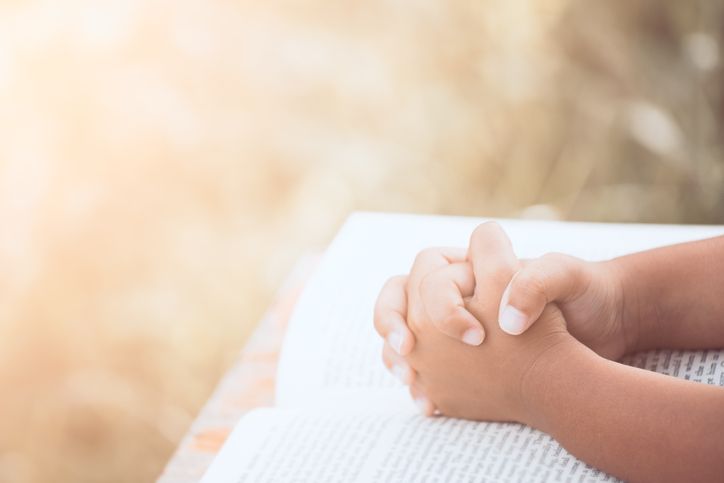“These are unprecedented and uncertain times…” these are the terms that we have been hearing when we watch the news, read the papers and on social media.
These are worrying times and you may be questioning your own health and mortality. What will happen if I fall ill? What will happen to my children if the worst happens? How can I protect my family if I die? How will my family cope without me financially?
Making a will at this time will help take away some of the worry, we hope the answers below provide clarity as to why you would need a will.
What is Intestacy?
Death is difficult to think about and many people feel nervous about making a will, some feel like they are tempting fate by even discussing making a will. It is important to consider what would happen if you died without a will, known as dying intestate. If you die intestate, how your estate is dealt with will be governed by intestacy law. The intestacy law prescribes who may administer your estate and who will inherit.
In order to ensure your loved ones are looked after once you are gone and that your wishes are respected, you will need a will. It is never a pleasant task to think about but it will give you peace of mind that your estate is dealt with by someone you trust and that it passes to your loved ones. By making a will you protect your loved ones, help benefit a charity or people of your own choice.
Below are a few points you should think about before deciding whether you need to write a will.
Who will deal with my estate if I don’t have a will?
You may feel that there is no point in writing a will if you do not have any children or family members. Someone will need to deal with them when you are gone, it is good to think who this could be. With a will you can choose exactly what you would like done with your estate,
If you die intestate, the law of intestacy sets out a strict order of your relatives who can act as administrators of your estate, the order of priority to act as administrator is:
- Surviving Spouse or Civil Partner
- Children of the deceased or their children
- Parents of the deceased
- Brothers and sisters of the whole blood or their children
- Brothers and sisters of the half blood or their children
- Grandparents
- Uncles and aunts of the whole blood or their children
- Uncles and aunts of the half blood or their children
- The Crown
If I don’t have a will who would be my child’s guardian?
If you have children under the age of 18, without making a provision in your will, your family members may not be able to look after your children. Without establishing who you would like to care for your children they may be placed into care until it has been established who is the most suitable person to be appointed by the court as their legal guardian.
By appointing a guardian in your will you can at least ensure that someone you trust will look after your children and act in their best interests.
How to incorporate a trust into my will
You may wish to leave a share of your assets to your children or younger individuals. Access to the funds can be delayed in the form of a trust incorporation within your Will. This ensures your children are looked after sensibly, by delaying their access to the funds until they reach a certain age. Usually trusts are put in place until children reach the age of 21 or 25.
Inheriting money at 18 can be overwhelming and delaying this is often a wise decision. You can also opt to allow them access to the income but delay their access to the capital (until they are of a certain age).
Under your will, you can decide who you would want to act as the Trustee/s for your young children. Under intestacy, the administrator would also act as the trustee for your children.
Who will my estate go to if I don’t have any children or immediate family?
You might want to consider leaving assets to friends who have helped you over the years or charities which are close to your heart.
What is the inheritance law for cohabiting couples?
Under the law cohabiting couples do not share the same rights as married couples. Therefore, if you were to pass away intestate and you were not married, your partner would not be entitled to your estate by law. Instead your estate would pass through the rules of intestacy. to make adequate provision for your partner after you are gone.
What happens to my property if I don’t have a will?
You may have just bought a house alone or with a partner. Depending on how you hold the property, as joint tenants or tenants in common, this could affect who is entitled to your share after you are gone.
If you hold the property as joint tenants then it will automatically pass outside your estate to the other individual you own the property with. If you hold the property as tenants in common, then your share will pass under the rules of intestacy.
If you are married, depending on the size of your estate, under intestacy as tenants in common your spouse would not automatically inherit the property. Under intestacy law, if you have children, your spouse inherits all your personal property and belongings plus £250,000 of the estate with the remainder divided equally between your spouse and children. If the value of your property is over £250,000, your spouse would have a right to occupy the property, if it is your main family home, but will not inherit your share outright.
What if I have estranged family members that I don’t want to inherit my estate?
You may have estranged family members who you do not wish to benefit from your estate. Your will can be drafted to protect your assets and ensure your estate is distributed in accordance with your wishes.
How do I prepare my estate for inheritance tax?
Every estate has a tax free allowance of £325,000, this is the sum that will pass to your beneficiaries tax free. If your estate is over this threshold, tax is payable at 40%.
There is an allowance known as the residence nil rate band which relates to your main residence and can be claimed by your estate if you pass your main home to your children (including step-children) or grandchildren. The allowance available is £175,000 and is available on the death of either spouse.
If you make a gift during your lifetime, you must survive the gift by 7 years in order for it to be inheritance tax-free on death.
It is never too early to plan your estate and maximise the assets available for your loved ones, this can be discussed when considering your estate as a whole.
Above are some of the issues to consider when making a will, if you are divorced or own a business considering making a will is even more important for you.

